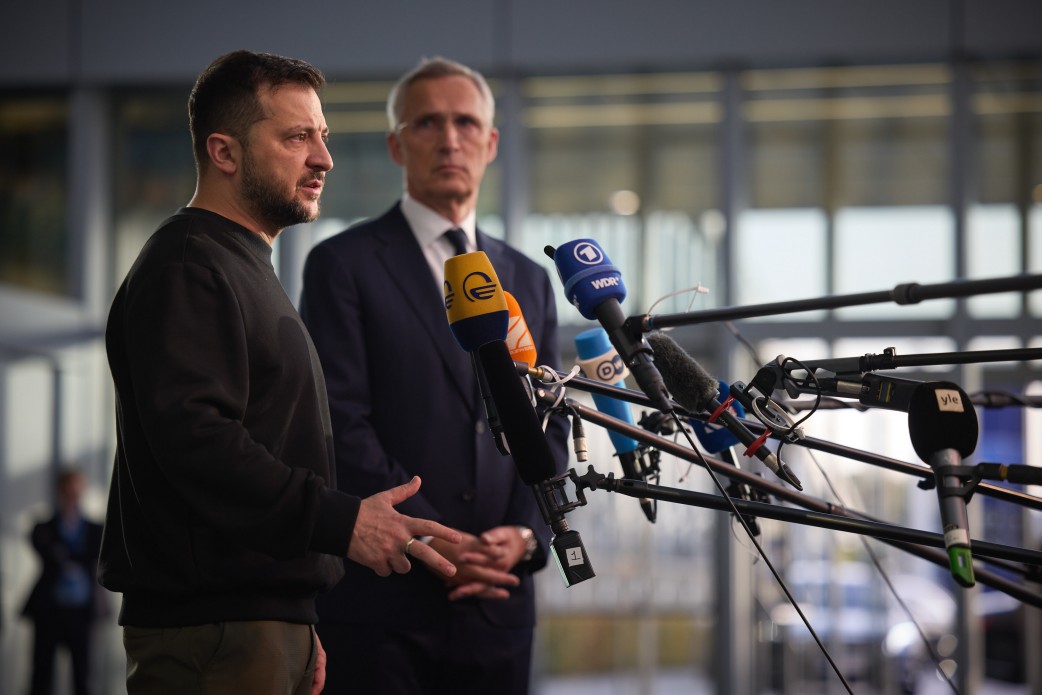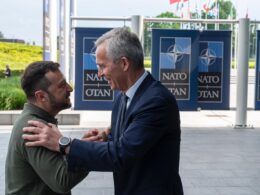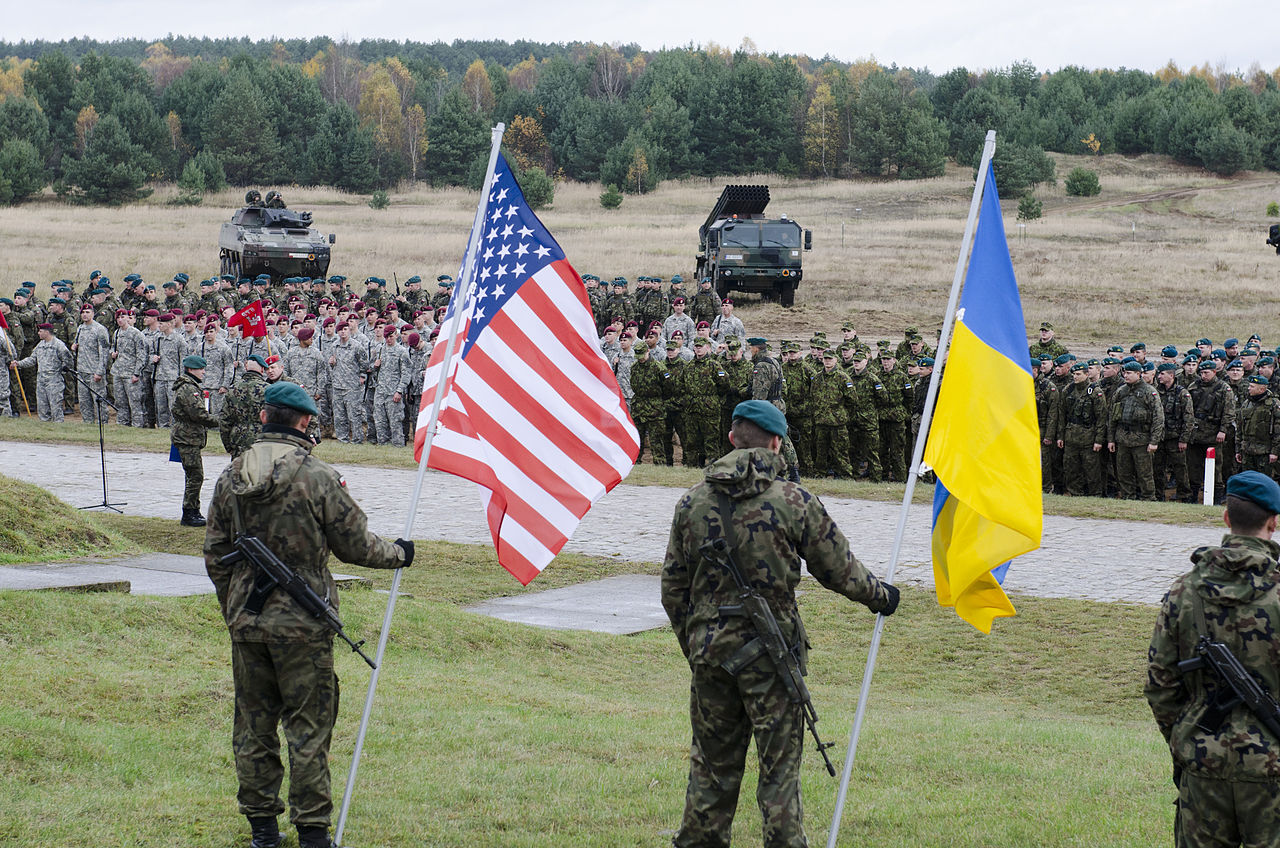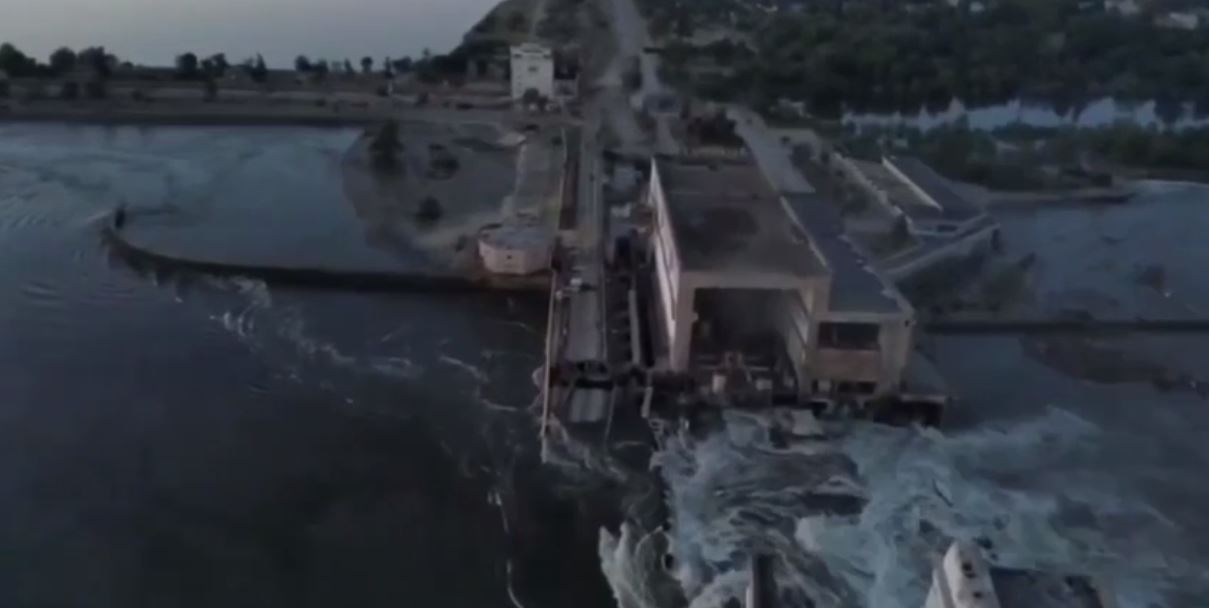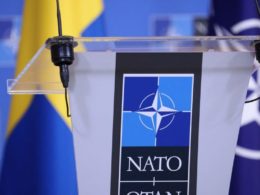In a recent press briefing, Matthew Miller, spokesperson for the US Department of State, addressed assertions that the Biden administration opposes Ukraine's accession to NATO.
Recently, Foreign Policy reported the efforts of Ukraine and some of its supporters to formally invite Kyiv to become a member of the military alliance during a major upcoming summit are facing significant "behind-the-scenes" pushback from the US and Germany, according to a dozen current and former officials familiar with the matter.
Responding to a journalist's question regarding reported resistance despite purported backing from the majority of NATO member countries, Miller rejected these claims.
"Those reports are incorrect. You’ve heard the President himself, as well as the Secretary say it a number of times that Ukraine will be a member of NATO," Miller stressed.
The denial comes amid recent developments, including the establishment of an International Working Group on security matters and Euro-Atlantic integration in Ukraine. The group will be jointly led by Andrii Yermak, the Head of the Office of the President, and former NATO Secretary-General Anders Fogh Rasmussen.
On 30 January, Rasmussen came to Kyiv to meet with Ukrainian President Volodymyr Zelenskyy. The Ukraine's leader said during the meeting that he expressed hope that the Working Group would facilitate the integration of Ukraine into the Euro-Atlantic security space.

Ukraine, as a future NATO member, will be able to significantly enhance the Alliance's potential, as the Ukrainian army has invaluable experience in waging a full-scale war against Russia, he said.
"Russia's unprovoked aggression against Ukraine has dealt a devastating blow to the rules-based global order. At the same time, it has undermined the foundations of the post-Cold War security architecture," said Andrii Yermak, opening the meeting.
According to Anders Fogh Rasmussen, Russia will continue to threaten European security unless a structure is created to deter it and prevent military conflicts in the future.
"We need to set out a clear vision for Ukraine's future security arrangements now to make it clear to Putin that we will not let him achieve his war aims," he emphasized.
This is not just in Ukraine's interest, but in the interest of the entire Euro-Atlantic area," he added.
According to the former NATO Secretary General, the new security architecture should be based on three pillars: first, a system of long-term security commitments for Ukraine; second, membership in the European Union; and third, NATO membership.
The Working Group also includes former President of Lithuania Dalia Grybauskaitė, former President of Poland Aleksander Kwaśniewski, former Prime Minister of the United Kingdom Boris Johnson, former Prime Minister of Finland Sanna Marin, former US Secretary of State Hillary Clinton, Former Prime Minister of Poland Marek Belka, Former Prime Minister of Slovakia Mikuláš Dzurinda, Former Prime Minister of Sweden Carl Bildt, Former Foreign Secretary of the United Kingdom Lord William Hague and other officials.
Read also:
- NYT: Russian attack on NATO looms as Trump threatens to abandon alliance
- Telegraph: Russian military spending seven times higher than NATO average
- NATO inks $ 1.2 bn deal for 220,000 shells to resupply allies, Ukraine, but delivery could take years
- NATO countries must prioritize security of their societies to defeat Russia, Zelenskyy says
- CNN: Biden warns top lawmakers that US soldiers on the line if Russia-Ukraine war expands into NATO territory

